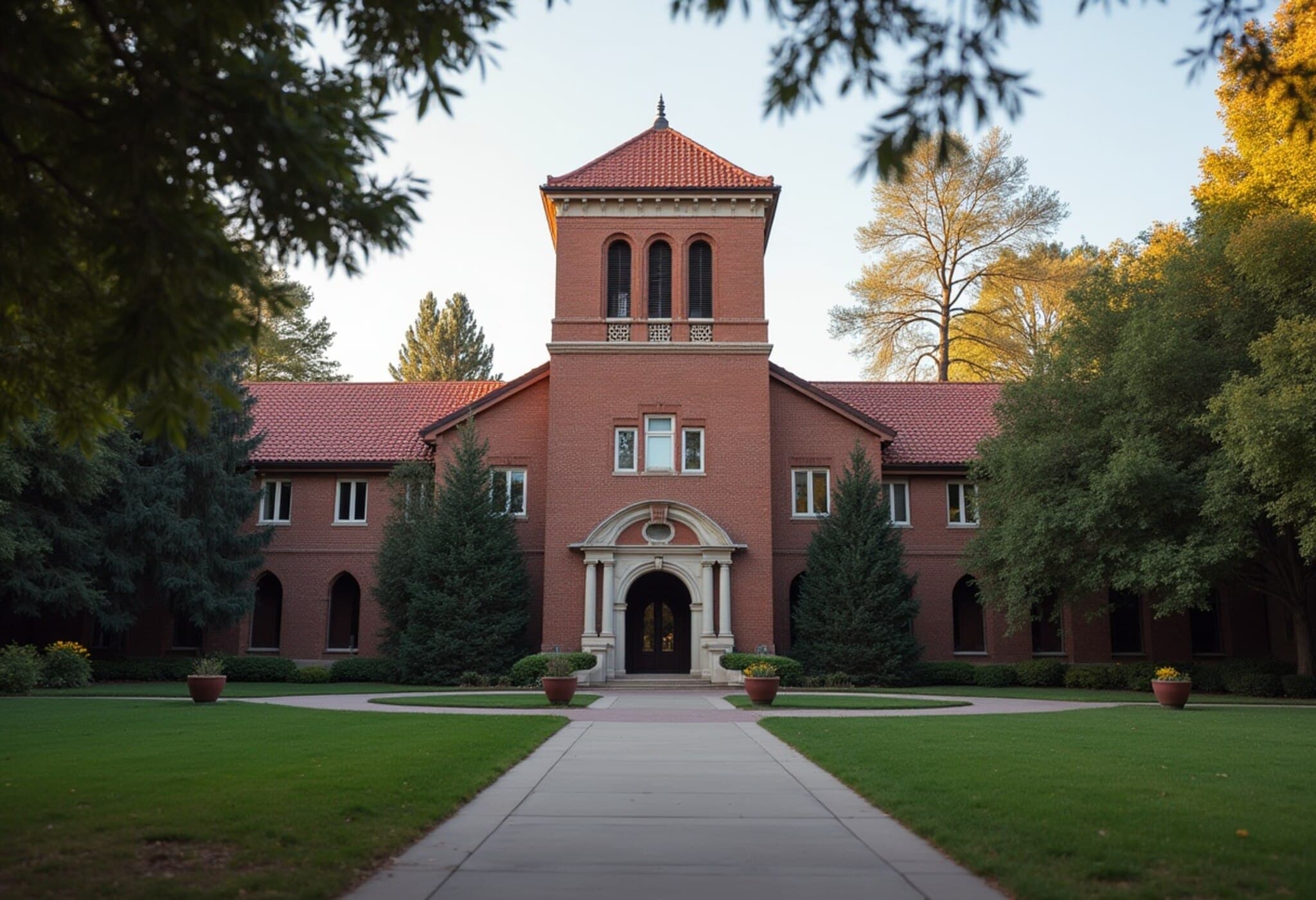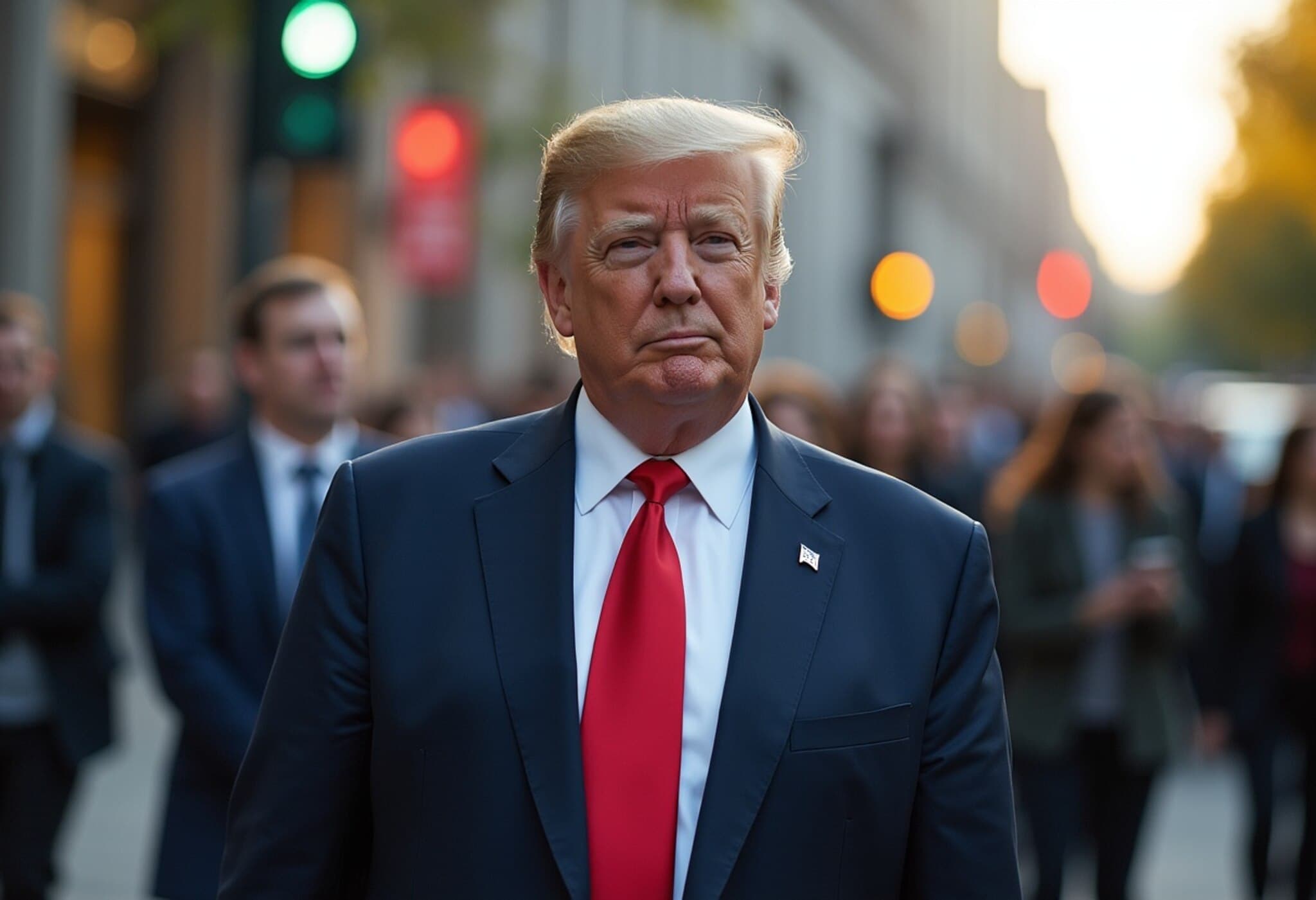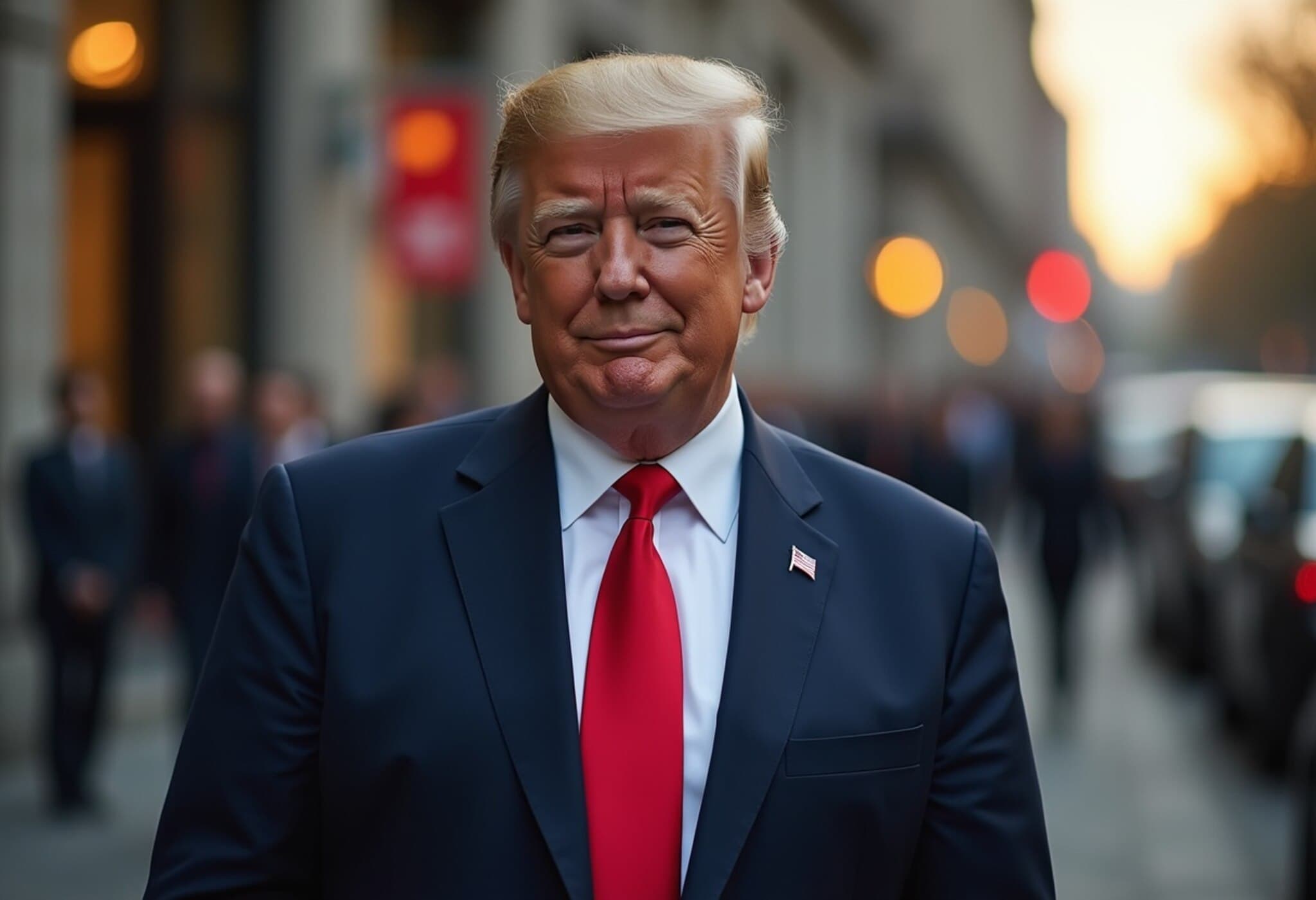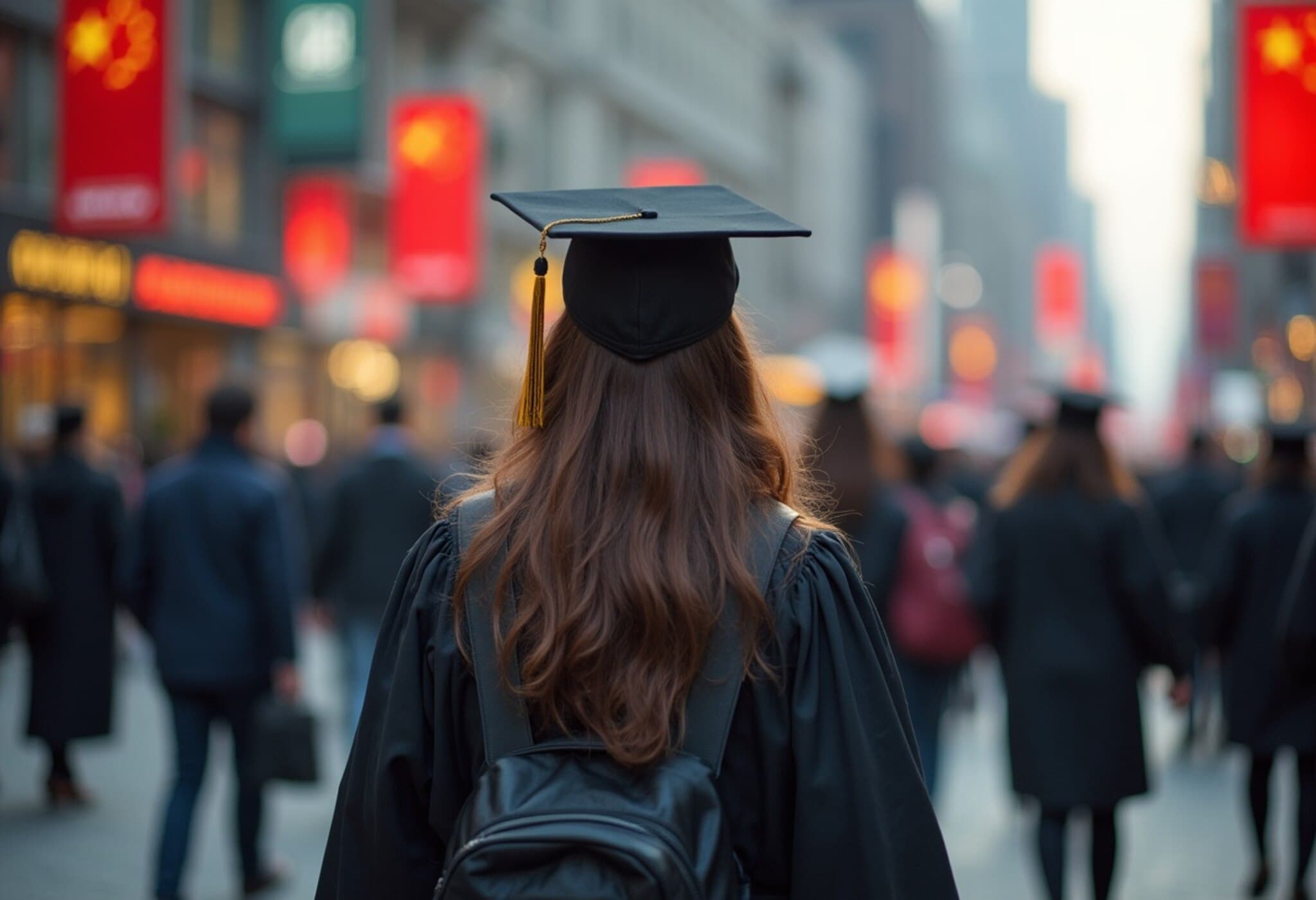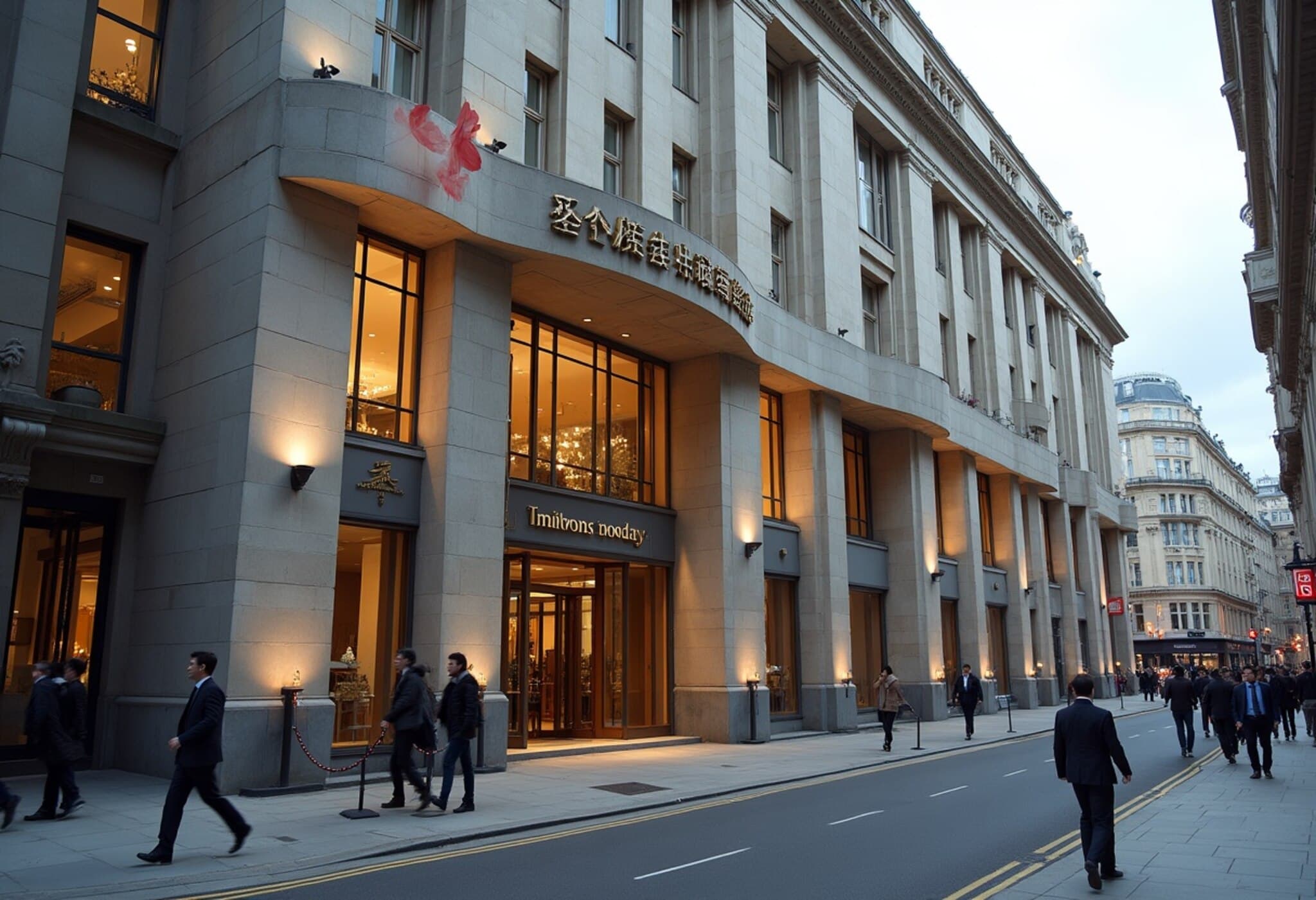Chinese Students Allegedly Asked to Monitor Peers at UK Universities
A recent report by the UK-China Transparency (UKCT) think tank has spotlighted a troubling new dimension in academic life at British universities: Chinese students are reportedly being encouraged by officials connected to China to observe and report on classmates engaged in conversations critical of the Chinese government.
Based on a comprehensive survey involving China studies academics, the report underscores a broader atmosphere of caution and pressure within UK academic institutions, raising urgent questions about the integrity of free speech on campuses hosting sizeable Chinese international student populations.
Official Denials and Diplomatic Sensitivities
Responding swiftly, the Chinese Embassy in London dismissed the report’s findings as "groundless and absurd," emphasizing China’s respect for free speech in the UK and asserting non-interference in foreign internal affairs. This pushback arrives amid heightened diplomatic sensitivities and ongoing debates about foreign influence on academic institutions in liberal democracies.
Academic Freedom Faces New Challenges Under UK Law
The controversy unfolds shortly after the UK implemented a new law compelling universities to actively uphold academic freedom and free speech, irrespective of existing partnerships with foreign governments.
Susan Lapworth, chief executive of the Office for Students (OfS)—the UK’s higher education regulator—highlighted the critical importance of these freedoms and flagged Confucius Institutes, which receive Chinese government funding, for scrutiny under this legislation due to concerns about potential undue influence.
- Some universities reportedly hesitate to voice concerns because of the large financial contributions from Chinese students’ tuition fees.
- Chinese students conveyed feeling pressure to monitor peers and exhibited unease discussing politically sensitive topics.
Sensitive Subjects and Intimidation Reports
Topics considered sensitive include China’s policies in Xinjiang, the origins of COVID-19, and mainland’s expanding tech sector, all areas where open discussion is crucial yet reportedly suppressed.
UK academics related to China studies also reported harassment, visa denials linked to their research, and coercion exerted on family members residing in China. Additional concerns raised involved intimidation linked to visiting Chinese scholars and staff associated with Confucius Institutes.
Regulatory Measures and University Responses
The OfS reiterates having powers to enforce protections for academic freedom, including mechanisms for staff and visiting speakers to report foreign interference directly. Institutions found neglecting these responsibilities risk fines, exemplified by a recent case where a university was fined £585,000 earlier this year.
Universities UK, representing 141 institutions, confirmed that any threats to freedom are addressed seriously and emphasized ongoing collaboration with government bodies to mitigate risks.
Government Voice: Non-Negotiable Academic Freedom
From the government side, a spokesperson assured that everyone working or studying in UK universities enjoys protected rights to personal and academic freedom. Skills Minister Jacqui Smith described academic freedom as "non-negotiable" and vowed rigorous enforcement against attempts at foreign intimidation or harassment.
Broader Implications: Navigating Globalization and Sovereignty in Academia
This unfolding situation presents a complex interplay between globalization’s benefits—such as diverse academic exchange and funding—and the imperative to safeguard sovereign values like free inquiry and speech.
For American and other international observers, these concerns echo widely recognizable challenges where foreign governments’ reach into educational spheres can undermine democratically cherished liberties.
As universities become increasingly global, balancing funding sources, international partnerships, and protective policies remains a delicate, ongoing challenge.
Questions Worth Pondering
- How can universities bolster support systems for students who feel intimidated or pressured not to engage in open discussion?
- What frameworks can effectively distinguish healthy cultural exchange from covert political surveillance?
- Given the scale of international student funding, what safeguards must be prioritized to prevent financial dependence from eroding academic integrity?
Editor’s Note
This investigation by UKCT sheds critical light on the fragile state of academic freedom amid rising geopolitical tensions. The reported monitoring of students by foreign officials not only threatens individual liberties but also undermines the foundational ethos of universities as safe spaces for fearless inquiry.
Readers should consider how international education policies reconcile openness and national security, and remain vigilant about emerging methods of influence that may reshape academic culture in subtle but profound ways.
Ultimately, safeguarding the principles of open dialogue requires a collective commitment—from institutions, governments, and students alike—to uphold freedom without compromise.


